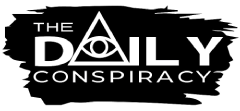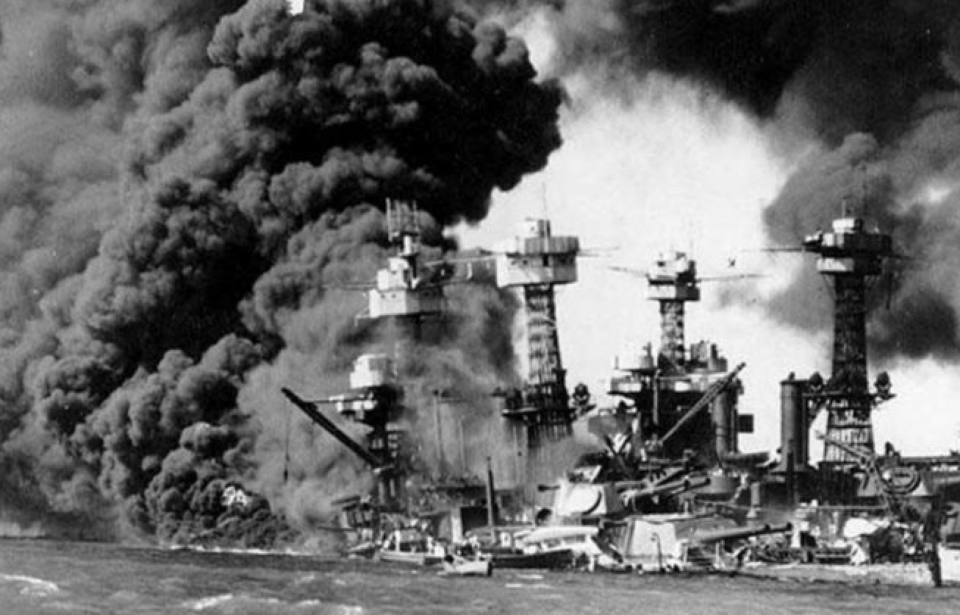In December 1941, the devastating Japanese attack on Pearl Harbor, Hawaii, marked a turning point in history, claiming the lives of over 2400 American citizens and crippling nearly twenty warships. This assault was perceived as a masterstroke by the Japanese, then dominating the seas with a vast reach far beyond the confines of the small island. The surprise attack galvanized American sentiment, previously hesitant about entering the war against Hitler, and rallied the nation behind the cause.
Theories surrounding Japan’s attack on Pearl Harbor suggest two branches of thought regarding America’s foreknowledge. One asserts that British Prime Minister Winston Churchill, aware of the imminent assault, chose not to disclose it to President Roosevelt. Another theory posits that Churchill informed Roosevelt about the attack, and they deliberately withheld this information for strategic reasons. “Betrayal at Pearl Harbor,” authored by James Rusbridger and Eric Nave in 1991, alleged that Britain had broken Japanese codes and had prior knowledge of the attack.
A declassified Naval memo dated Dec 4, 1941, hinted at Japan’s intensive efforts to gather military and commercial intelligence, particularly concerning the West Coast, Panama Canal, and Hawaii. However, this memo lacks specific strategic details like time or location, presenting merely one of numerous reports indicating potential threats, offering little concrete evidence to support the Pearl Harbor conspiracy.
Another conjecture suggests that Roosevelt not only knew about the attack but was involved in orchestrating it, striving to assist the Allies covertly. Various sources, including Tyler Kent, a code clerk, and World War II Veteran Robert B. Stinnett’s book “Day of Deceit,” propose Roosevelt’s proactive attempts to provoke Germany into a war.
The possibility that Churchill might have withheld intelligence from Roosevelt during a critical period for England’s survival stands as a plausible explanation. It might have been a choice between revealing the information to protect American troops at Pearl Harbor or safeguarding the future of England during a precarious time in global affairs.
Though theories vary, suggesting complex and conflicting motivations, substantial evidence remains elusive, leaving the truth behind Pearl Harbor largely veiled in historical controversy and speculation. Some accounts propose deliberate silence for strategic advantage, underscoring the intricate geopolitical landscape of that era and its clandestine negotiations. While credible testimonies hint at Washington’s advance knowledge of the attack, conclusive evidence supporting these theories remains elusive.

